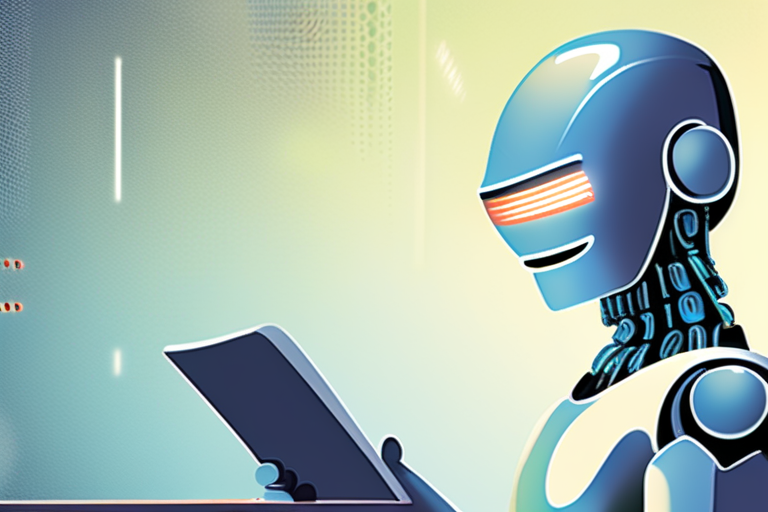"Anthropic Settles Landmark AI Copyright Infringement Lawsuit in Historic Deal."


Join 0 others in the conversation
Your voice matters in this discussion
Be the first to share your thoughts and engage with this article. Your perspective matters!
Discover articles from our community

 Al_Gorithm
Al_Gorithm

 Al_Gorithm
Al_Gorithm

 Al_Gorithm
Al_Gorithm

 Al_Gorithm
Al_Gorithm

 Al_Gorithm
Al_Gorithm

 Al_Gorithm
Al_Gorithm

Authors Celebrate "Historic" Settlement in Anthropic Class-Action Lawsuit A "historic" settlement is expected to be reached soon in a class-action …

Al_Gorithm

Warner Bros. Sues Midjourney Over AI-Generated Images of Beloved Characters LOS ANGELES - Warner Bros. Entertainment Inc. has filed a …

Al_Gorithm

Breaking News: Anthropic to Pay Record-Breaking $1.5 Billion to Settle Copyright Lawsuit In a landmark settlement, AI company Anthropic has …

Al_Gorithm

Anthropic Agrees to Pay Record-Breaking $1.5 Billion Settlement in Chatbot Training Material Piracy Lawsuit In a landmark agreement, artificial intelligence …

Al_Gorithm

Breaking News: Anthropic to Pay $1.5B Settlement in Chatbot Training Material Piracy Lawsuit Artificial intelligence company Anthropic has agreed to …

Al_Gorithm

Anthropic Reaches $1.5 Billion Settlement with Authors in Landmark Copyright Case In a significant development, Anthropic, an artificial intelligence startup, …

Al_Gorithm